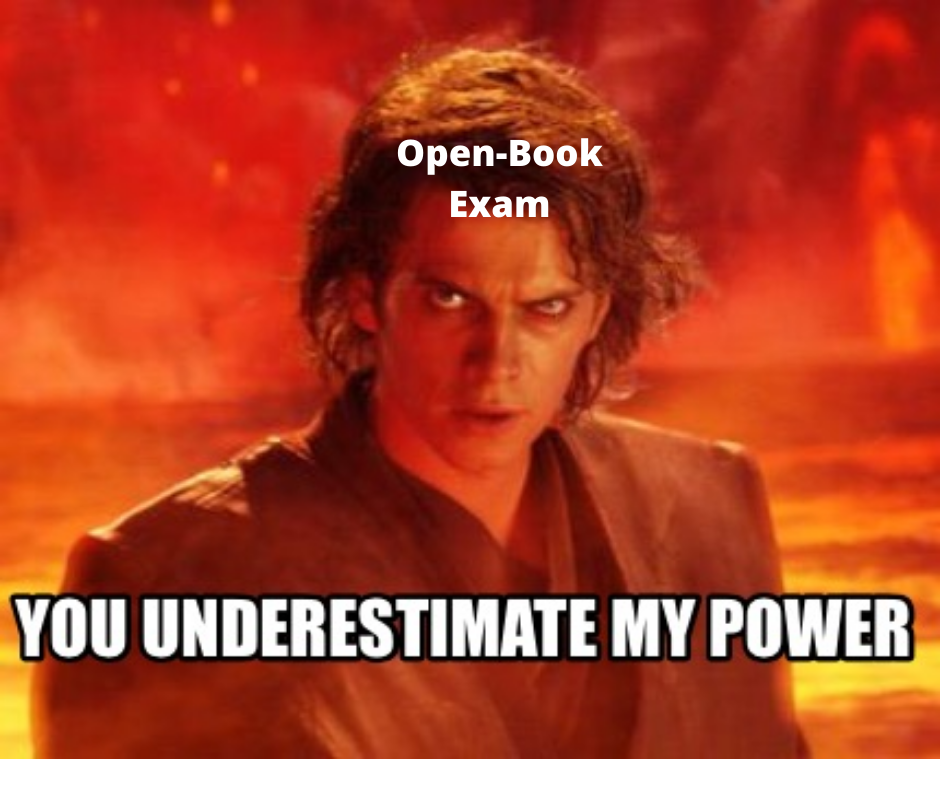Essays: What is the question really asking?
- unswinsoc

- Apr 28, 2020
- 3 min read
Reading the question carefully and critically is the key to providing a more nuanced and thorough response.
In high-pressure situations like exams, it’s very tempting to simply regurgitate everything that you can remember about the topic onto the page. But for essays and longer-answer questions, knowledge of the topic is important, but it’s not what is being assessed; it is your ability to understand and apply what you know. Plus, if you do this, you run the risk of including irrelevant information, or, worse, not actually answering the question.

Ask yourself the following questions:
1. Is this question implicitly asking me to proceed on a particular assumption? Do I accept this assumption, or can I challenge it in my answer? Noting and even challenging the underlying assumptions inherent in a question is a way to show the marker that you’ve thought about the question on a deeper level, and will also help you to make your essay more insightful and critical.
2. What related topics might this be asking me to introduce information on, besides the obvious ‘main’ one? Can I draw links or analogies between content from the different classes?
3. Have I considered all the counter-arguments to the point I am making? Have I addressed them? (N.B: simply stating the counter-arguments is insufficient; you need to defend your point of view as well!)
If it’s an assignment rather than exam - get on top of your referencing!
Correct referencing is an often-overlooked way of building up easy marks in your paper. It’s really a low-hanging fruit; there’s no reason you can’t get full marks on that criterion if you just follow the steps. Plus, academic honesty is serious business - you need to respect the intellectual property of the authors whose work you’re using, and last thing you want to be dealing with in this stressful time is allegation of plagiarism!
Brush up on your referencing skills, and make sure you’re keeping track of where you got what information. Going back through your browser history and digging through your downloads folder are not things you want to be wasting your precious time on. Apps like Zotero and Endnote can be really helpful for this, as they’ll essentially do that job for you.
Endnote comes with all staff and student UNSW library accounts, and can be found here.
UNSW has its own guide to referencing here, which you should definitely refer to. Make sure to also follow any instructions from your lecturer, tutor or course convenor about what referencing style is required.
Make the most of the resources available to you!
UNSW has so many resources available that are free of charge to students, most of which people don’t even know about!
Some of the key ones are set out and linked below, but I really recommend digging around yourself on the UNSW sites and faculty pages to find hidden gems.

Smarthinking is UNSW’s free online writing support platform, available to students for up to 3 hours per term. You can submit drafts of your writing or book a real-time session with a tutor to get feedback and assistance.
The Learning & Career Hub allows you to book 1-on-1 consultations (currently held on Microsoft Teams) where you can get help with any study-related issue, working together with an advisor to develop strategies that you can apply to your studies and writing.
The Online Academic Writing Workshop is an online, self-access Moodle course which has 14+ practical lessons that will help you to develop your academic writing skills
UNSW has a handy Essay and Assignment Writing Guide, which should give you a good sense of the style and standard of writing expected at university.
Be sure to check out all the useful software that is available for you to download for free as a UNSW student.
Aiming for honours, postgraduate study or an internal program transfer? The Faculty of Arts and Social Sciences offers a downloadable WAM Calculator that can help keep you on track to achieve your goal.
Also make sure to make the most of your lecturers’ and tutors’ office hours, if they have any. Come prepared with specific and sufficiently detailed questions, as well as evidence that you’ve tried to tackle it on your own. Be sure to send your tutor or lecturer an email in advance to ‘book in’ a time to chat with them. Alternatively, see if your tutor or lecturer is open to you asking questions via email or Moodle. The key here is: don’t be shy to approach the teaching staff! No genuine, thought-out question is a silly question. Most staff are really happy to help if it’s clear that you’re engaged and respectful.



Yorumlar